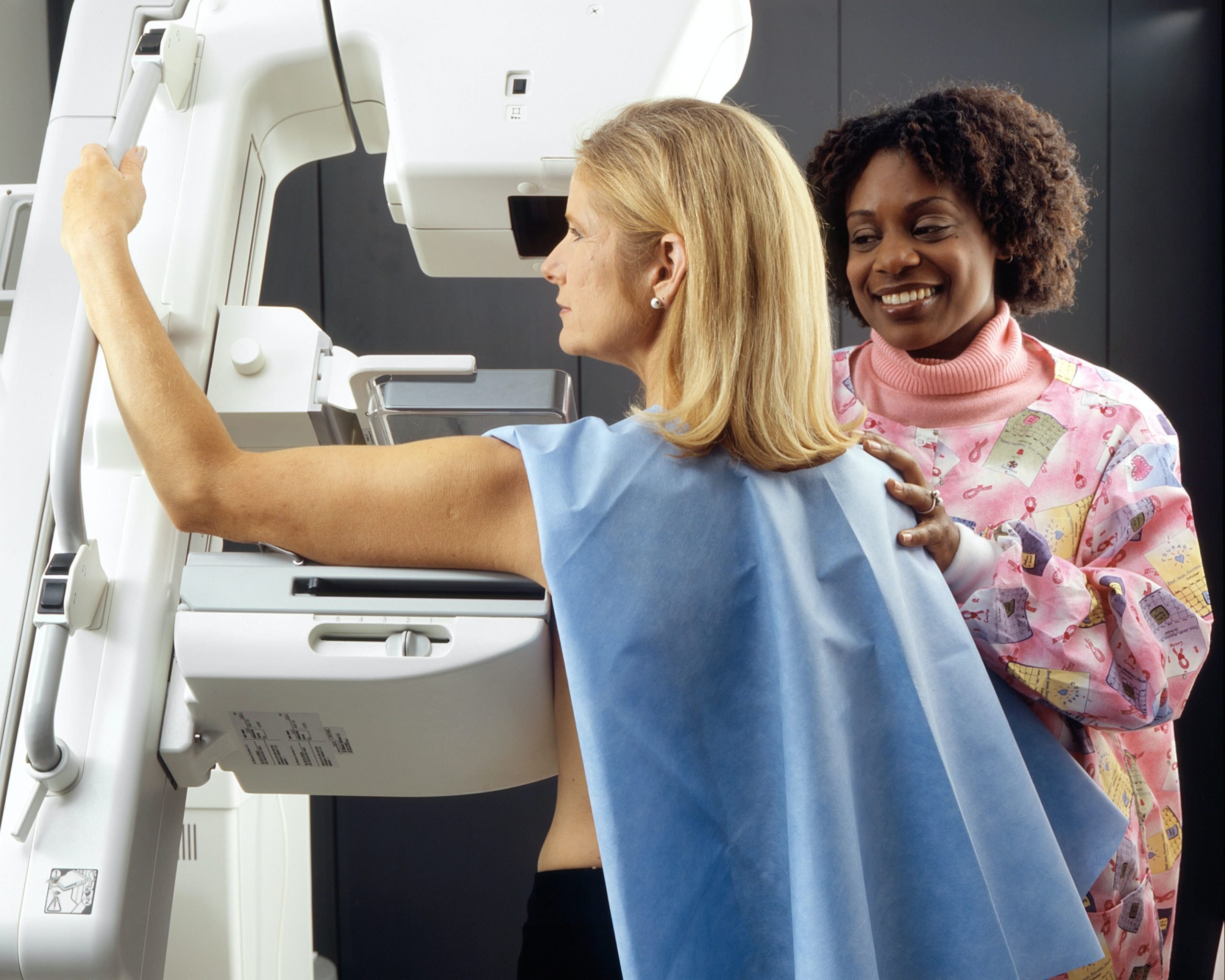A team of scientists from Columbia University developed bacterial vaccine against cancer. It is important to clarify that when we talk about a cancer vaccine, we are not talking about the typical vaccines used to prevent infectious diseases. In this case, it is a strategy to stimulate patients’ immune systems and increase their effectiveness in fighting cancer cells.
This is nothing new, and neither is using bacteria to treat cancer. In fact, it is still used to treat specific types of cancer, such as bladder cancer. But just because these two problems are not new does not mean that their combination is not something new.
The cancer vaccine developed by these scientists harnesses the power of bacteria in a way that has never been done before. It should be taken into account that the first tests were carried out. only in mice. But even so, the good results obtained leave plenty of room for optimism.
Bacteria against tumors:fight!
It has long been known that some bacteria have the ability migrate and colonize tumors. Sometimes tumor cells are deprived of oxygen, but this is not a problem for the cells. anaerobic bacteria. Once there, they stimulate the immune system to attack. After all, this is directed against everything that he considers foreign, so in this case bacteria and the tumor cells themselves are added.
If this method is still used for bladder cancer, it is because it has some effectiveness. However, the immune system is not stimulated as much as we would like. Therefore, these scientists chose a new strategy to develop a cancer vaccine.
What is a bacterial cancer vaccine?
To develop a cancer vaccine, scientists genetically modified a strain of bacteria. coli encode specific proteins tumor cells. This means that its DNA contained instructions for the bacteria to synthesize these proteins and display them on their surface. As a result, when the immune system attacks a bacterium, it generates a response not only to it, but also to these specific tumor proteins. Thus, when there are no longer modified bacteria in the body, the body’s defenses will be ready to attack the tumor. They will develop memory.

There are three big advantages to this approach to cancer vaccination. First of all, it is completely personalized. Tumor cells are taken from the patient and their genetic material is sequenced, looking for the mutated genes that turn them into cancer. These genes may be specific to each type of cancer, but they also vary between patients. That’s why Personalization is important.
The second big advantage of this cancer vaccine is that it contains more than just specific proteins known as antigens. It also contains other immune system modulators in its DNA that enhance its response. In addition, the mechanisms by which bacteria they protect themselves from the immune system. Therefore, if an error occurred and the tumor could not be detected, the immune system would quickly remove the bacteria from the circulation.
What can you expect from this cancer vaccine?
So far, these scientists have only tested their cancer vaccine in mouse models of colon cancer and melanoma. The results were very positive. In some cases, the growth of tumors slowed down, and in others they were even completely eliminated. There were even treatment benefits when metastases occurred.

All this happens with few side effects because healthy cells are released from attack by the immune system or any medicine. We must not forget that chemotherapy also affects healthy cells, and therefore causes many side effects in patients.
It’s too early to talk about victory. We’ll have to see how the investigation progresses. But for now, this cancer vaccine looks promising. We will remain attentive. Cautiously, but with hope.
Source: Hiper Textual













